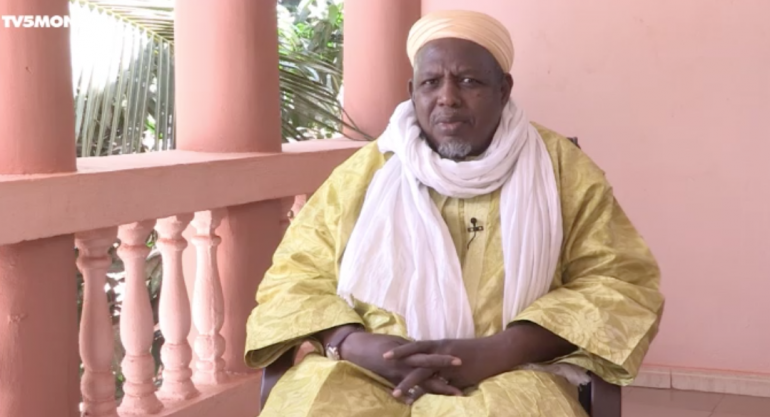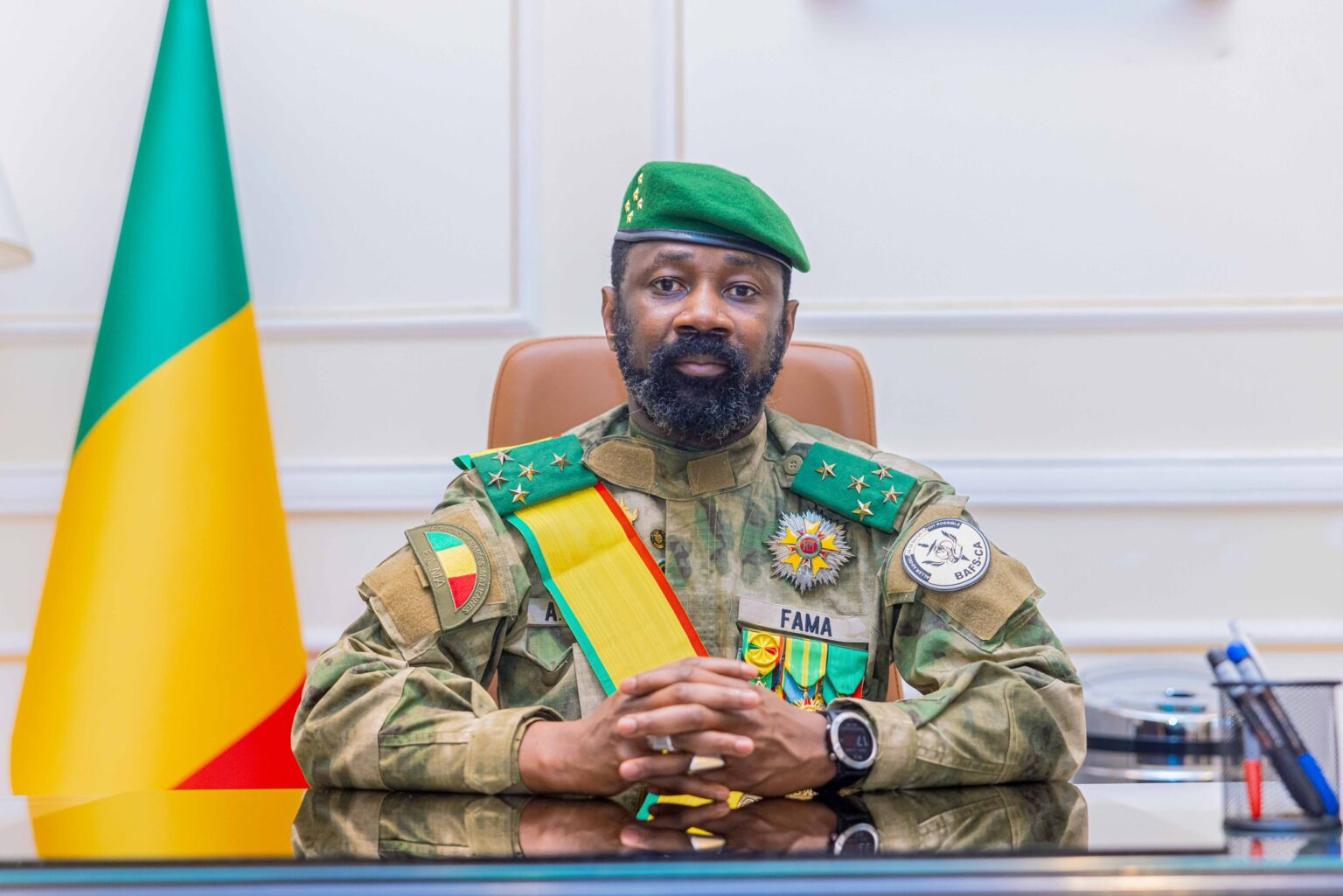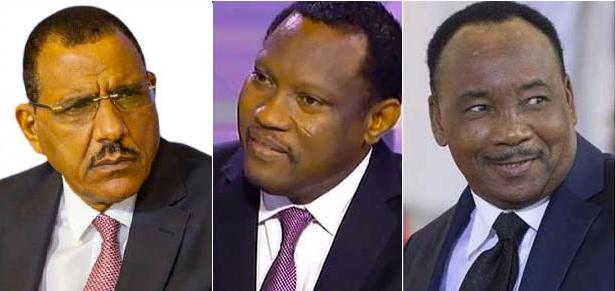Mahmoud Dicko: Mali’s new political force to be reckoned with
Published on 2019 September 19, Thursday Back to articles
Mahmoud Dicko — who stood down in April after 11 years as president of the High Islamic Council of Mali — appears to be a resurgent force in Malian politics.
Back in 2010, he was preaching against the high levels of corruption in government circles and the damage that it was doing to the country. Since then the problem has only got dramatically worse.
The 65 year old Dicko still continues to preach: against corruption; for the need of better governance; and a range of other issues that have major bearings on the religious and moral concerns of many Malians. As the High Islamic Council’s president, he was influential but was unable to speak about the country’s day-to-day politics. Now, however, he is free to comment on political matters and pursuits.
On 7 September he founded the Coordination des mouvements, associations et sympathisants (CMAS) and has become a political leader.
Dicko embodies the Wahhabi doctrine from Saudi Arabia where he studied the hardline current of Islam which is the opposite of the Maghreb and West Africa’s more tolerant majority Maliki rite school of Islamic thought.
Dicko is, however, no advocate of jihadism. By contrast, as the war against the terrorist groups has continued, the more vocal he has been about the government’s failures and he now has a major and growing following. In March, he organised a crowd of nearly 100,000 in Bamako ‘to pray for peace’ and thousands of other people listened outside or on the radio.
For Dicko, the country’s primary problem is one of governance. He sees bad governance — riddled with endemic corruption — as having brought Mali to its present desperate plight. His political fight is with those who ‘have betrayed the Malian people’. It is to them, he says, that he addresses himself, as when he denounced open and endemic corruption and called for the prime minister’s resignation in March.
Dicko is a growing problem for President Ibrahim Boubacar Keïta (IBK), Prime Minister Soumeylou Boubèye Maïga and most of Bamako’s political elite. He says what the Malian people know and understand, and is able to mobilise support which is why he is now known as ‘the imam of the people’.
Most Malian people do not want a rigorous or radical Islam. But they do want what Dicko has to offer: improved governance. It is also Dicko who holds out the best hope of positive dialogue with the jihadists.
It is still early days for his CMAS — which is scarcely even two weeks old — but it presents a very real threat to IBK, the government and the Bamako elites. It is likely to be a political force to be reckoned with in Mali’s immediate political future.
To read on contact info@menas.co.uk



